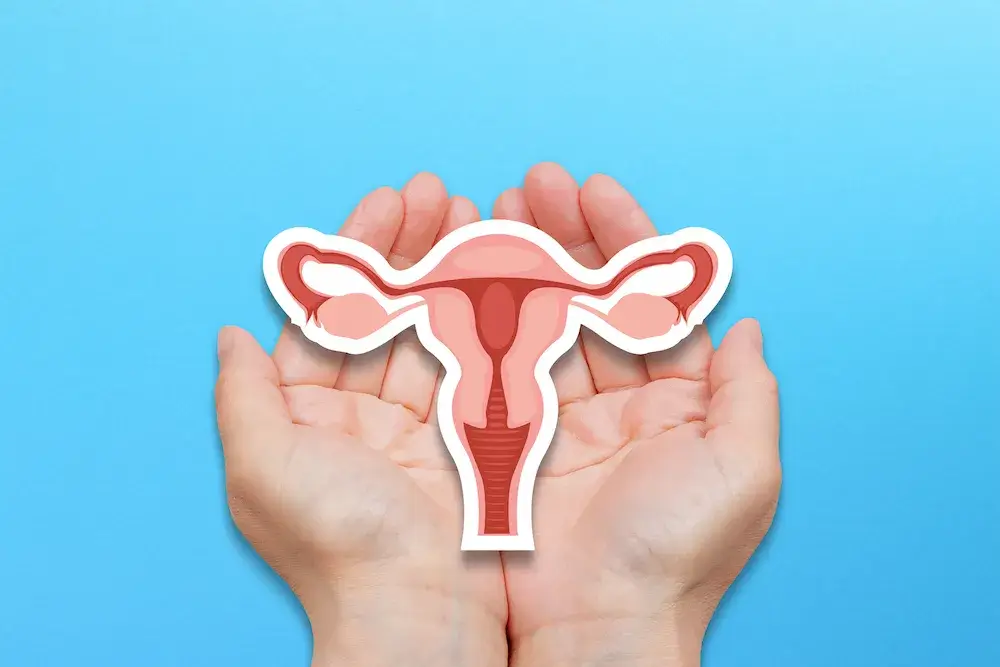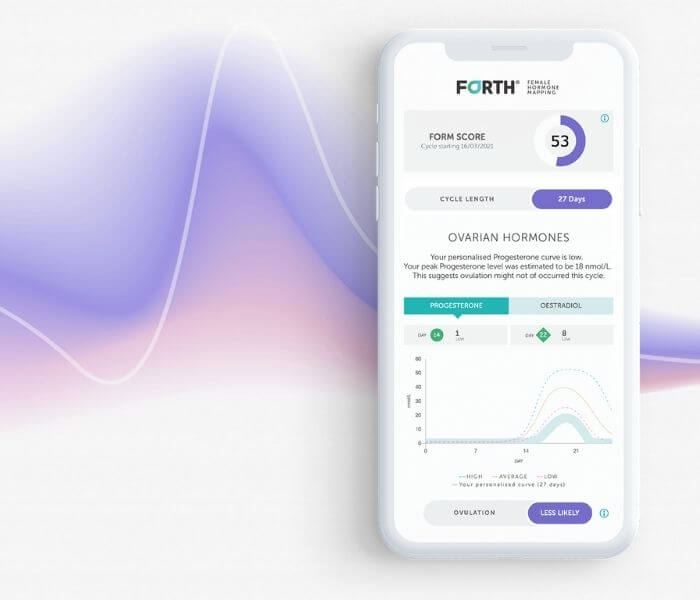5 mins read
Should Menopause and Perimenopause be Taught in Schools?

One of the most common things I hear when I talk to women about menopause is how they didn’t really recognise the early signs, or that, when they look back, their menopause probably started much earlier than they thought. Women often say they didn’t know much about menopause, or as they didn’t have hot flushes, they didn’t think what they were experiencing could have been perimenopause. Even worse, some women have brushed me off, telling me ‘That’s something you get in your 50s and 60s, isn’t it?’
When we get talking, some tell me that it took years of putting up with an ever-increasing list of symptoms and worries or countless hours on ‘doctor google’. More worryingly, some describe searching for ‘early signs of Alzheimer’s disease’ or ‘how do I know if I have a brain tumour?’ before they finally uncover some useful information which suggests their symptoms could be menopause.
Even those who have repeatedly visited their doctor often don’t feel listened to or report being offered antidepressants, when they don’t feel depressed. They have left the doctors feeling lost and confused and don’t know where to turn.
Lack of support creates needless stress and anxiety
At a time when we should be enjoying our 30s and 40s, having that precious time with our children, family and friends, or devoting energy to our careers, we are using a lot of our cognitive resources worrying about what MIGHT be wrong. This also keeps us in a vicious cycle, where we not only feel more stressed and anxious, but this also makes our troublesome symptoms (and other health conditions) worse, sending us repeatedly back to the doctor or elsewhere for support.
Preparation
It can also mean that we are not focused on the right things to prepare us for menopause. Things like:
- Getting to know our body and menstrual cycle.
- Finding that important balance of self-care.
- Nourishing our bodies by eating well.
- Protecting our bone and heart health by exercising and strength training.
- Ensuring our bodies are heading into the menopause in the best possible way.
Yet, if we understood that menopause was another stage in our reproductive lives, just like puberty and (if we choose to have children) pregnancy, then things would perhaps go a lot smoother and easier. We would have the awareness to:
- Anticipate what was coming.
- Prepare ourselves and our bodies.
- Focus on our well-being, our health and lifestyle.
- Ask for testing at a much earlier stage.
- Begin medications at an earlier point (if we choose to).
For me, the saddest part of current menopause care is that so many of us are losing ourselves because we haven’t been taught the basic information about our bodies.
Awareness
What if we included menopause in our biology lessons, when we cover the basics of human biology, puberty, and pregnancy? And in our sex education lessons as part of our life transitions? It wouldn’t need to be anything in-depth, just the basic concepts of what happens hormonally for both sexes as we age, along with the correct terminology so we can start to talk openly about it.
What a world it would be, if we understood from our teenage years that menopause was simply puberty in reverse. That it is a biological transition that all women go through. That, like puberty, the symptoms of perimenopause and menopause are wide ranging, often embarrassing, but are part of a natural process and will eventually end.
Or even, that we can celebrate menopause as the end of periods and the start of a new phase of our lives.
Perhaps then we will feel less shameful and embarrassed by it, less sad about no longer being a woman of reproductive age, more able to share our struggle and ask for the support we need. With more knowledge, we would also feel more empowered to ask for what we want from our doctor, more able to advocate for ourselves, first time.
As partners, we would be more tolerant of the bedroom temperature, of the mood swings and the varied and wonderful symptoms. More understanding when anxiety spirals at the smallest of things or when our confidence means we try-on and discard 20 different outfits before a simple meal out!
As partners, perhaps we would also be less likely to worry that WE had done something wrong, that our partners had ‘gone-off us’ or didn’t want to be intimate anymore. WE would be less likely to assume, ‘what can you expect after 10+ years’ and perhaps more likely to start an open conversation or explore different ways to keep our intimacy and bond alive.
Breaking barriers
Above all, I believe that by starting the conversation about menopause at school, we will break down those barriers and begin to accept menopause as part of our lives. We will move away from the conversation being about ‘women of a certain age’, the many negative and difficult symptoms and the loss of women from the workplace. We will move towards the conversation being about a typical life transition with both positive and negative aspects.
What if we lived in a world where we understood that each of us experiencing menopause is unique, and that the support is as varied and unique as each of us. Where we are empowered to choose the support that we need, when we need it. Where we can switch and change that support as and when things change for us. A world where women are as visible in the workplace as ever. What a world that would be.
It’s time to normalise menopause, to move towards it being another one of life’s inevitable changes. And that starts with beginning the conversation in school.
“I completely agree with Dr. Bev’s points. I wish I had known more about the hormones that controlled my menstrual cycle and their impact on my overall health. It wasn’t until I founded Forth in my 40s and began the transition towards menopause that I realised how important these hormones are for my physical and emotional well-being. That’s why I’m passionate about creating new health innovations for women, like our hormone mapping product, MyFORM®. This test helps women understand how their hormones fluctuate throughout their unique menstrual cycle, so they can identify when they may be entering the perimenopause, help prepare their bodies for change, and know when may be the right time to consider hormone replacement therapy.“
Sarah Bolt, Forth Founder
- Health scores calculated
Close
This information has been medically written by Dr Beverley Taylor
Bev has been a Chartered Psychologist for over 10 years, obtaining a Doctorate in Health Psychology in 2010. She has worked as an academic researcher and research consultant before focusing on how she can support those with menopause via lifestyle, education, and one-to-one support. Bev regularly writes about psychology, menopause, and behavioural change and has attended numerous events as both a speaker and a panellist.

Dr Beverley Taylor
Menopause Expert
Related articles
Like this article? Here are some more based on similar topics.





